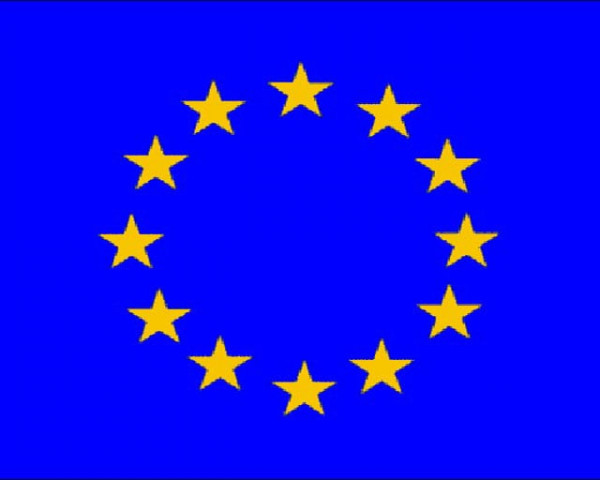EU hosts webinar on digitalisation initiatives
Speakers call for regulation of digital space to ensure respect for human rights

The Delegation of the European Union to Pakistan convened a webinar to showcase European policy initiatives on Digitalisation and to discuss the challenges and potential of the digital economy in Pakistan.
With the Covid-19 pandemic accelerating the digital transformation, but also exposing its challenges, the webinar was a timely opportunity to share experiences and expertise, said an organiser.
Policy experts from the European Union, the United Nations Development Programme (UNDP), and the International Telecommunications Union (ITU) introduced a wide range of areas concerning digital transformation in both the EU and Pakistan.
The webinar was attended by over 30 representatives and experts from the federal and provincial government and agencies, foreign missions, IT and telecommunication companies, and civil society.
The speakers shared the EU’s experiences in developing the European Digital Strategy, Data Strategy, Digital Services Act, as well as ensuring data protection and security. Speakers also highlighted how digitalisation has impacted infrastructure, education, and social systems in the EU Member States and its partner countries and offered examples of potential venues for cooperation.
The Ambassador of the European Union to Pakistan, Androulla Kaminara, stressed the importance of making technology work for people to create a fair and competitive economy, as well as an open, democratic and sustainable society. She added that digital transformation for economic growth and recovery requires close collaboration, shared learning, and exploring opportunities to work together on areas such as health, governance and satellite mapping.
In the discussion, the need was underlined for the regulation of the digital space to ensure respect for human rights, including the right to privacy and freedom of speech and the safety of vulnerable groups such as women and children.
Published in The Express Tribune, February 14th, 2021.



















COMMENTS
Comments are moderated and generally will be posted if they are on-topic and not abusive.
For more information, please see our Comments FAQ